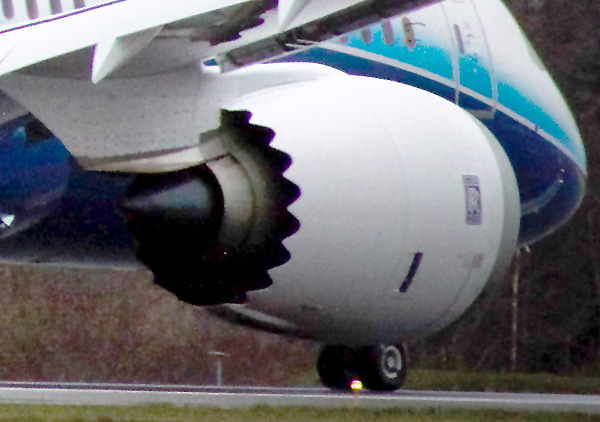Airlines playing catch-up in environmental rankings.
12 January, 2018
3 min read
By joining our newsletter, you agree to our Privacy Policy


Airlines have put a lot of effort into improving their green credentials but the latest environmental rankings indicate they still have some way to go to catch up to the manufacturers that supply their aircraft.
The 2017 Newsweek Green Rankings sees plane-makers Airbus and Boeing ranked in the top 50 of the 500 big global companies covered by the assessment.
But the first airline, United, doesn’t make an appearance until the 100th spot.
The rankings look at the 500 biggest publicly-traded global companies and measure them agiants principles such as transparency, objectivity, publicly available data and comparability with their industry peers.
They are scored on areas such as energy, green house gas, water productivity as well as green revenue and factors such as a link between executive pay and sustainability.
Europe’s Airbus comes in at 15th globally followed by US aerospace giant Boeing at 40.
Airlines coming after United in the rankings include Delta at 137, Southwest at 179, Germany’s Lufthansa at 227, British Airways owner IAG at 263, American at 284 and Air France at 315.
Logistics company United Parcel Service ranks 149 while rival Federal Express sits at 210.
Other aerospace-related companies to make the list include General Electric (78), Lockheed Martin (166), Rolls-Royce (230), Northrop Grumman (257) and BAE Systems (300).
United said its ranking further recognised its position as a leading sustainable airline.
Environmental achievements it believed contributed to the result included its decision to use commercial-scale volumes of sustainable biofuels for scheduled flights and $US30 million investment in US-based alternative aviation fuels developer Fulcrum Bioenergy.
It was also increasingly using electric ground vehicles and had partnered with the Federal Aviation Administration to demonstrate the potential benefits of satellite-based technology to promote more efficient landings.
The aviation industry has set itself an ambitious target to become carbon neutral by 2020 and then halve greenhouse emissions relative to 2005 levels by 2050.
Initiatives include a move to introduce the world’s first global design certification aimed at lowering greenhouse gas emissions and a carbon offset scheme.
New aircraft designs introduced from 2020 will be subject to the world’s first global design
The design standard will apply to new aircraft from 2020 and also to deliveries of aircraft already in production from 2023.
Manufacturers of in-production aircraft failing to meet the standard by 2028 will be forced to cease manufacturing the planes unless their designs are modified.
The decision to adopt a global carbon offset scheme, the Carbon Offsetting and Reduction Scheme for International Aviation (CORSIA), was also a world-first.
It will start as a voluntary scheme from 2021 to 2026 but will then become mandatory across the aviation industry.
Get the latest news and updates straight to your inbox
No spam, no hassle, no fuss, just airline news direct to you.
By joining our newsletter, you agree to our Privacy Policy
Find us on social media
Comments
No comments yet, be the first to write one.

